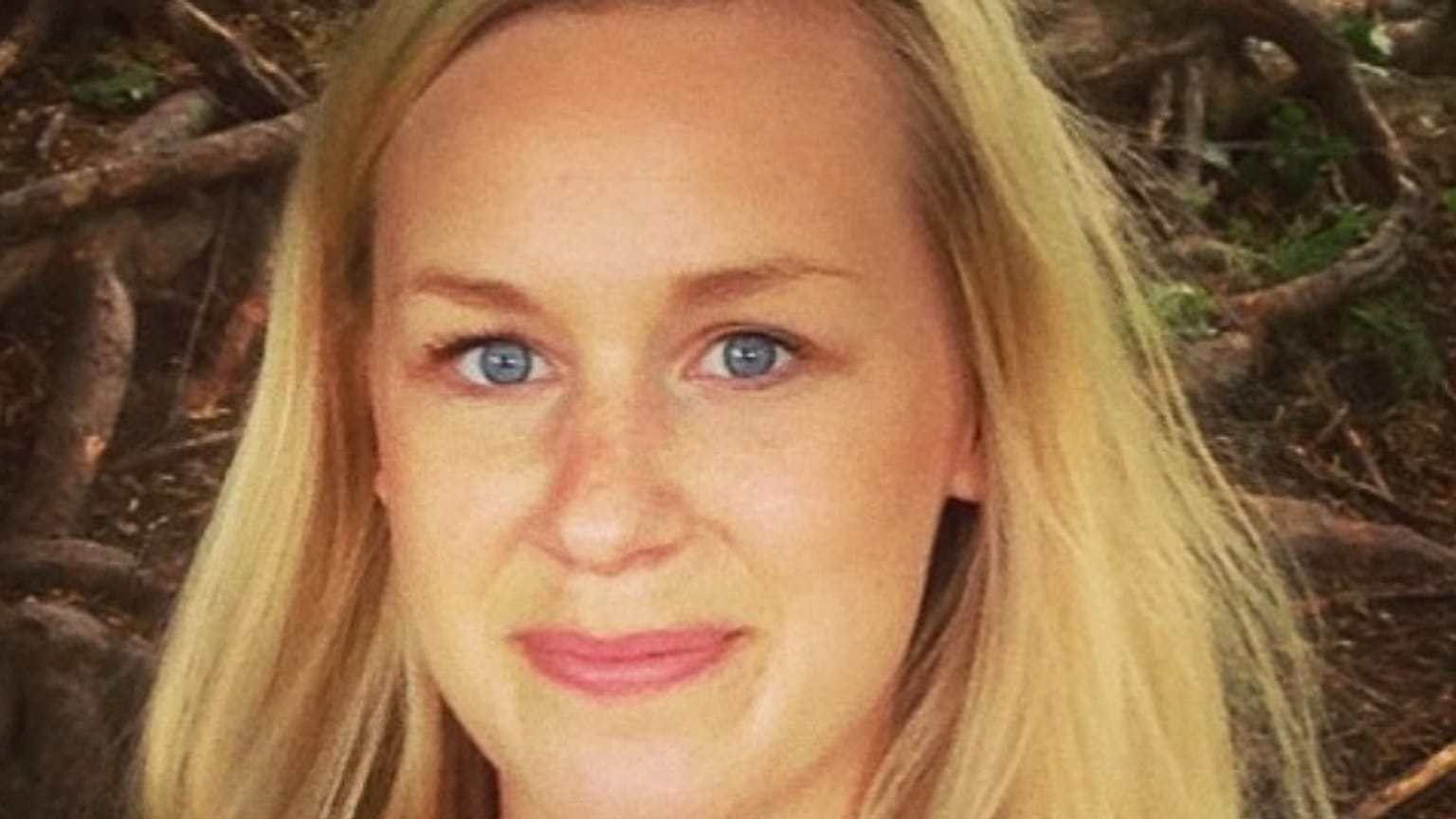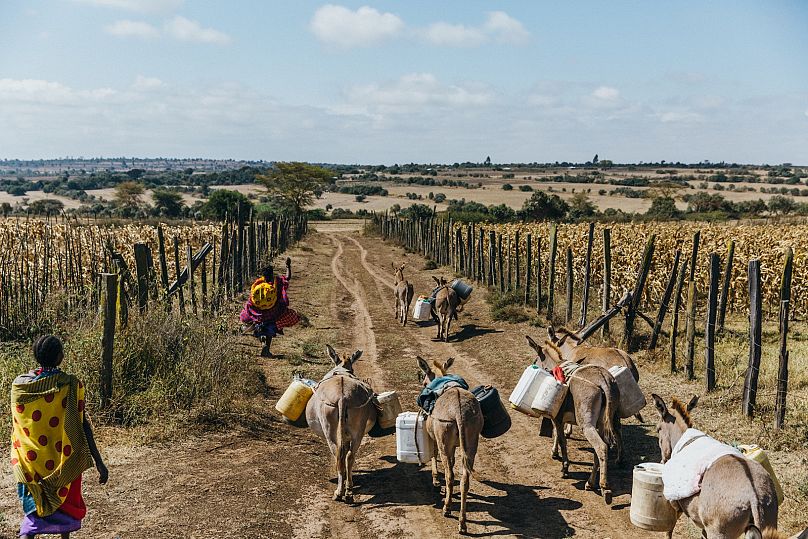A permanent ban is needed, not only on animal markets such as those in Wuhan, but on the live trade, export and inhumane slaughter of all animals. This would not only protect animal welfare, but could also save millions of human lives.
As communities come to a standstill in the wake of the COVID-19 pandemic, mitigating the risk of this becoming our new reality is vital if humans and animals are not only to survive these uncertain times, but also to thrive in the future. A lot has already been said about the likely cause of the deadly virus, but one vital source of it is rarely named – animal welfare.
The coronavirus is believed to have originated from wildlife at Chinese wet markets where animals, such as snakes, scorpions, rats, turtles, civets, wild birds and wolf cubs, are sold alive before being slaughtered in front of customers. Such markets exist across Asia and in some other parts of the world with inadequate animal welfare regulations or poor enforcement of such regulations. The markets may sell different species of animals (from livestock to wildlife), but the common denominator is nearly always poor animal welfare.
Animals are usually stacked in cages on top of one another, confined in small, dirty areas, covered in blood and excrement, clambering over carcasses. In addition to appalling hygiene conditions, veterinary care and inspection are at best insufficient and, more often than not, non-existent. Animals are rarely screened for diseases; illnesses are not treated or reported. Buyers leaving the market with an animal are likely to take home a variety of pathogens, some of which can infect humans. In these open slaughterhouses, animal waste and remains are usually sluiced directly into the public drainage system leading back to residential areas. Given the conditions at wet markets, a pandemic like the coronavirus was only a question of time.
COVID-19 is not the first epidemic caused by disregard for animal welfare. The consumption of civets contributed to the epidemic of SARS, and the capturing, keeping and eating of wild animals led to the Ebola outbreak.
Although China implemented a ban on wildlife trade in January, it is only temporary. Halting this trade now is like shutting the door after the horse has bolted, as the virus is already spreading among humans.
Wildlife trafficking is continuing undisturbed in other countries and pathogens can still cross borders thanks to the trade in other species, such as donkeys, sought after for ‘ejiao,’ a product made using gelatin extracted from boiled donkey hides and used in traditional Chinese medicine. As China does not have enough donkeys to meet the increased demand, this has resulted in increased importing from all over the world. Donkeys are regularly transported long distances without food and water, many dying en route, many killed by being beaten and skinned alive. Carcasses are often abandoned in the bush and some of the meat enters the human food chain. A large part of this trade escapes all veterinary surveillance and not surprisingly, it has already led to a disease outbreak. In 2019, equine influenza decimated donkeys across West Africa as a result of illegal movement of donkeys traded for their skins. Luckily the disease did not jump to humans, but others may in the future. The donkey skins trade is a pandemic waiting to happen.
Closer to home, intensive livestock farming practices (including feeding animal products to bovines) gave rise to BSE (more commonly known as mad cow disease) and the Creutzfeldt-Jakob disease in humans. Apart from outbreaks of new infections, living conditions at industrial farms are a breeding ground for disease on a daily basis. Animals live in such cramped conditions that if one falls ill, others follow rapidly. Furthermore, increased psychological stress - such as that caused by overcrowding, poor handling and live transportation of livestock - has been found to compromise immunity, making infection more likely.
Rather than blame the animals (the killing of bats is already on the rise as they are believed to be carriers of the coronavirus), we should ask ourselves how has the way we treat animals led to the disaster that is unfolding before our eyes. If we want to avoid future tragedies, like the coronavirus pandemic, we need a fundamental shift in the way we approach the trade and consumption of animals.
The World Organisation for Animal Health (OIE) has produced guidelines on international animal welfare standards which address aspects such as transport, slaughter and killing for disease-control purposes. These guidelines state that good animal welfare requires disease prevention and appropriate veterinary care, shelter, management and nutrition, a stimulating and safe environment, humane handling and humane slaughter or killing. In the wake of COVID-19, the OIE urged national and regional veterinary regulatory and inspection services to ensure that only healthy animals and their by-products enter the food supply to guarantee food safety for human population. The link between animal welfare and disease control in humans seems clear at the international level. However, the enforcement of these standards at national level is lagging behind.
At Brooke, an international animal charity, we have been lobbying governments across the world for better animal welfare legislation and enforcement for many years. We also work with communities, helping them implement good animal welfare practices and supporting them to put pressure on local governments to better protect their animals. Thanks to our efforts, Kenya has recently banned the commercial slaughter of donkeys and the export of their skins.
Much remains to be done. It is now more imperative than ever that national governments improve and enforce animal welfare legislation in order to protect human health. Good animal welfare is also the responsibility of all of us. As consumers, we should be aware of animal welfare issues and their implications for our health every time we purchase an animal-source product. From traditional medicine products to battery chickens, we can vote with our wallets and avoid inadvertently buying into animal suffering.
A global recognition of animal welfare is vital if we are to prevent future pandemics. A permanent ban is needed, not only on animal markets such as those in Wuhan, but on the live trade, export and inhumane slaughter of all animals. This would not only protect animal welfare, but could also save millions of human lives.
Kate Fletcher is Senior Manager of Global Animal Welfare at Brooke, an international charity which protects the lives of horses, donkeys and mules.
____________
Are you a recognised expert in your field? At Euronews, we believe all views matter. Contact us at view@euronews.com to send pitches or submissions and be part of the conversation.

















